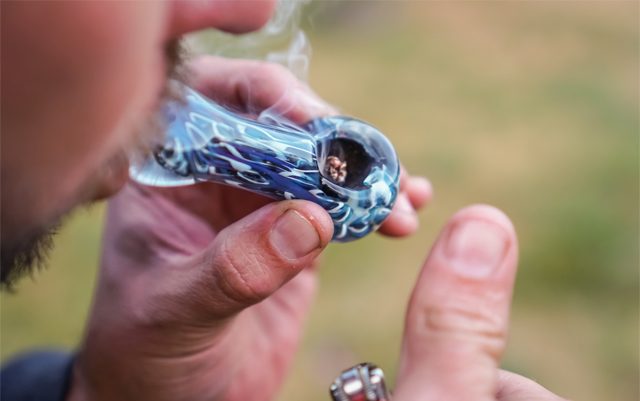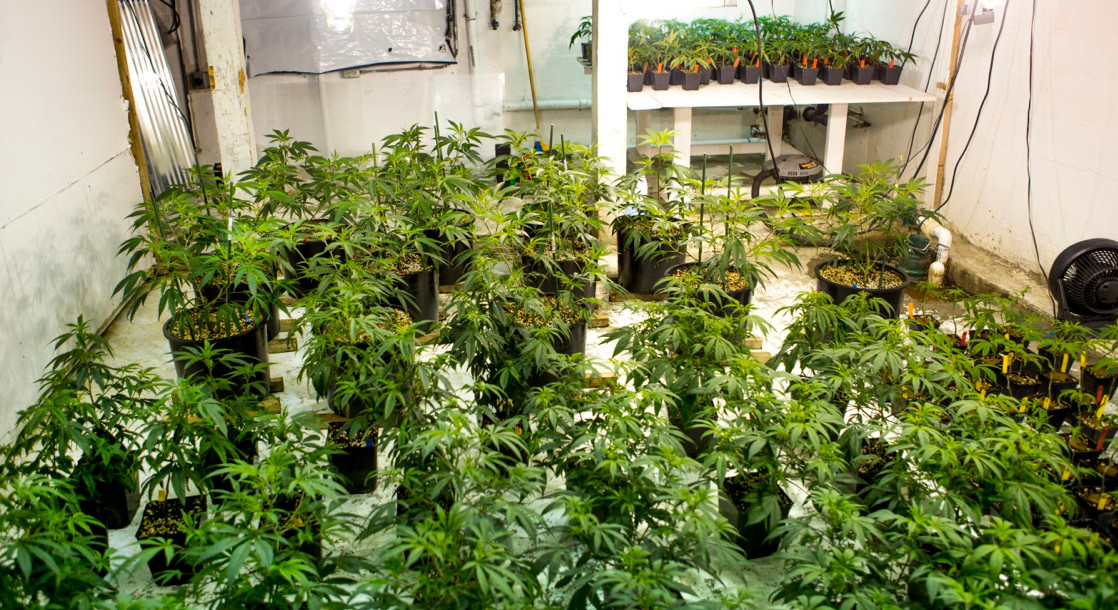Image via
For the second time in a month, a federal court has ruled that the US Customs and Border Protection (CBP) agency cannot prohibit importing cannabis processing equipment or paraphernalia into states that have legalized weed.
The rulings were issued in two cases involving US companies producing agricultural equipment for cannabis farmers. Last year, CBP officials blocked two businesses from importing cannabis trimming equipment from Canada into Washington state. The feds denied these shipments because these tools could be used to cultivate and process marijuana, which is still federally illegal.
Marijuana is classified as a deadly Schedule I drug under the Controlled Substances Act (CSA), and federal law prohibits the importation of any items that can be used to manufacture, process, prepare, ingest, or inhale a federally-prohibited drug. CBP argued that this law gives them the right to ban these companies’ imports because they would ultimately be used to produce a controlled substance that would be sold in the US.
Eteros Technologies USA and Keirton USA, two companies whose imports were blocked by CBP last year, both filed separate lawsuits against the feds. In the first of these cases, Eteros argued that the paraphernalia ban does not apply to them, as they produce tools that are primarily intended for trimming hemp, which is federally legal. The company’s attorneys also pointed out that the federal ban on paraphernalia imports includes an exception for any person “authorized by local, State, or Federal law to manufacture, possess, or distribute such items.”
Last month, the US Court of International Trade (CIT) ruled that CBP did not have the legal right to block Eteros’ imports of cannabis-related tools. The court agreed that the paraphernalia exemption did apply in this case because the production of cannabis has been authorized by Washington state. And importantly, Washington’s adult-use law expressly removes all references to marijuana from its list of state-prohibited drug paraphernalia.
This month, the CIT also handed Keirton a victory, citing the very same reasoning. This time, the feds tried to argue that the exemption didn’t apply because the CSA was designed to “create a uniform Federal prohibition and that allowing the exemption to extend to Washington State’s repeal would undermine the uniformity Congress intended.” The court disagreed, noting that “Congress did not impose complete uniformity. It provided an exemption. Had it wanted to limit that exemption, it could have done so.”
This second ruling is especially important because Keirton specifically acknowledged that their machines were being used to produce federally-prohibited marijuana, not just legal hemp. So although these cases only specifically apply to individual parts of weed trimming machines, they will likely set a precedent that allows US companies to freely import cannabis processing equipment or paraphernalia into any state where weed is legal.
Richard O’Neill, the attorney who represented Eteros in the first case, said that the CIT’s decision was “a huge win for the cannabis industry… States’ authorization of persons to manufacture, possess, and/or distribute marijuana-related drug paraphernalia serves to trigger the federal authorization exemption, therefore exempting cannabis-related paraphernalia from the import prohibitions which prevent the importation of all other forms of drug paraphernalia.”
“Legitimate businesses all over the world are serving the legal cannabis industry, which generates hundreds of thousands of US jobs,” said Aaron Smith, CEO of the National Cannabis Industry Association (NCIA), according to Marijuana Moment. “Hopefully, this decision will ensure that these law-abiding businesses will no longer face unfair impediments to importation or exportation of legal products across our borders.”











